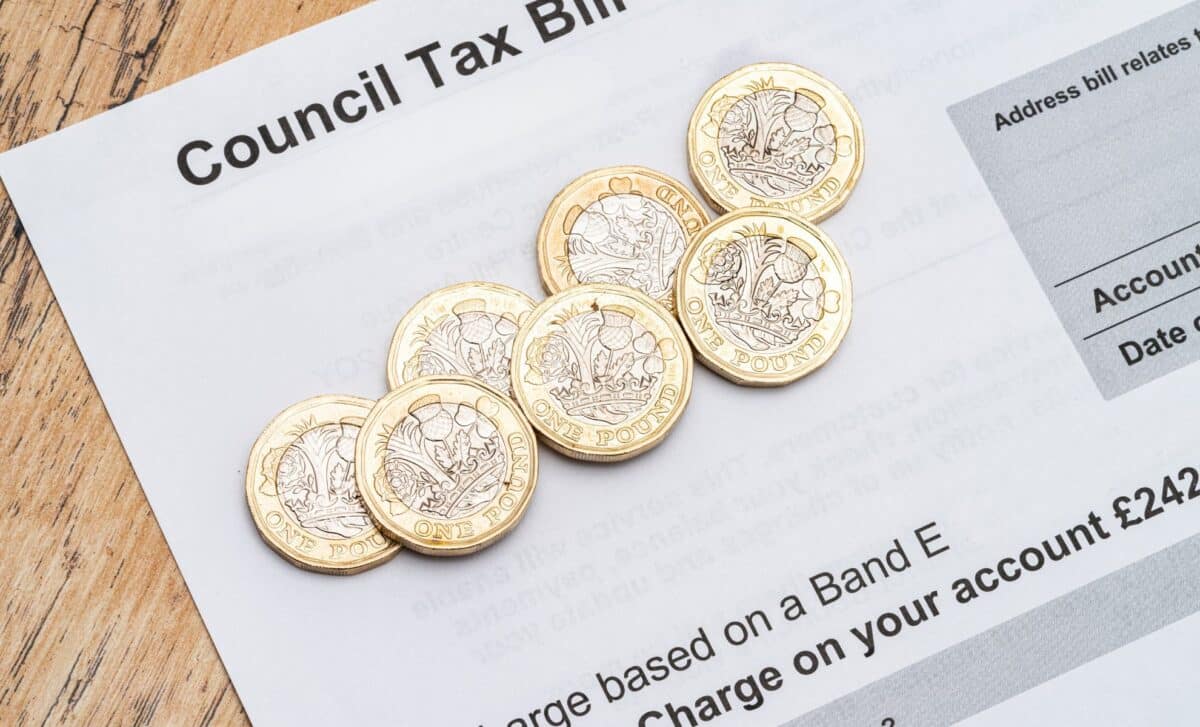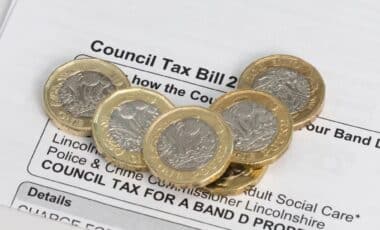Millions of homes in the UK will see council tax increases in an unprecedented financial move; in some areas, the increases will be the biggest in 20 years. Due to severe budget shortfalls, struggling local authorities are looking to the public for support, which raises questions about priorities for spending and justice.
Leading the way is the Royal Borough of Windsor and Maidenhead, which is proposing a 25% increase that would raise the average home bill by £451. Following suit, a number of other councils have suggested hikes that are significantly higher than the 5% legal cap, underscoring the financial burden that exists across.
Councils Propose Steep Tax Increases to Address Deficits
Due to acute financial shortages, local governments around England are having to raise taxes by far more than the 5% ceiling set by the government. The Windsor Estate is located in the Royal Borough of Windsor and Maidenhead, which intends to raise council taxes by 25%, the largest increase in twenty years. While Birmingham, Newham, and Cheshire are proposing 9.99% increases, residents in Hampshire, North Somerset, and Bradford are also facing significant hikes of 15%.
Benjamin Elks from the TaxPayers’ Alliance criticised these increases, stating, “Local taxpayers are fed up with having to pick up the tab for reckless councils. As hard-working households across the country tighten their belts, local authorities are refusing to rein in their out of control spending, squandering cash on pointless pet projects.” The criticisms point to growing dissatisfaction over what many see as poor fiscal management at the local level.
These proposed increases underscore the challenges councils face in balancing their budgets amid soaring inflation and increased demand for public services. However, concerns persist about the uneven burden placed on residents, particularly in areas already struggling economically.
Local Government Leaders Highlight Funding Disparities
Councils are criticised for their extravagant spending, but local government advocates contend that there are more serious systemic problems at work. The reliance on council tax as a financing source was brought to light by a Local Government Association (LGA) spokeswoman, who said, “However, while council tax is an important funding stream, the significant financial pressures facing local services cannot be met by council tax income alone. It also raises different amounts in different parts of the country – unrelated to need. Councils need a significant change in our funding to stabilise local government finances so we can deliver the services local people want to see.”
The LGA further emphasised that the financial model for funding local services requires reform. Without significant changes to how local governments receive their funding, the reliance on council tax increases will continue to disproportionately impact households, particularly in regions with lower average incomes.
The Ministry of Housing, Communities and Local Government has maintained that tax increases above 5% require exceptional circumstances and must receive government approval. However, with councils across England citing urgent funding needs, it remains to be seen how the government will address the growing strain on both residents and local authorities.
As financial pressures grow, the debate over council tax fairness and funding reform will undoubtedly intensify, shaping discussions about the future of public service delivery in the UK.









